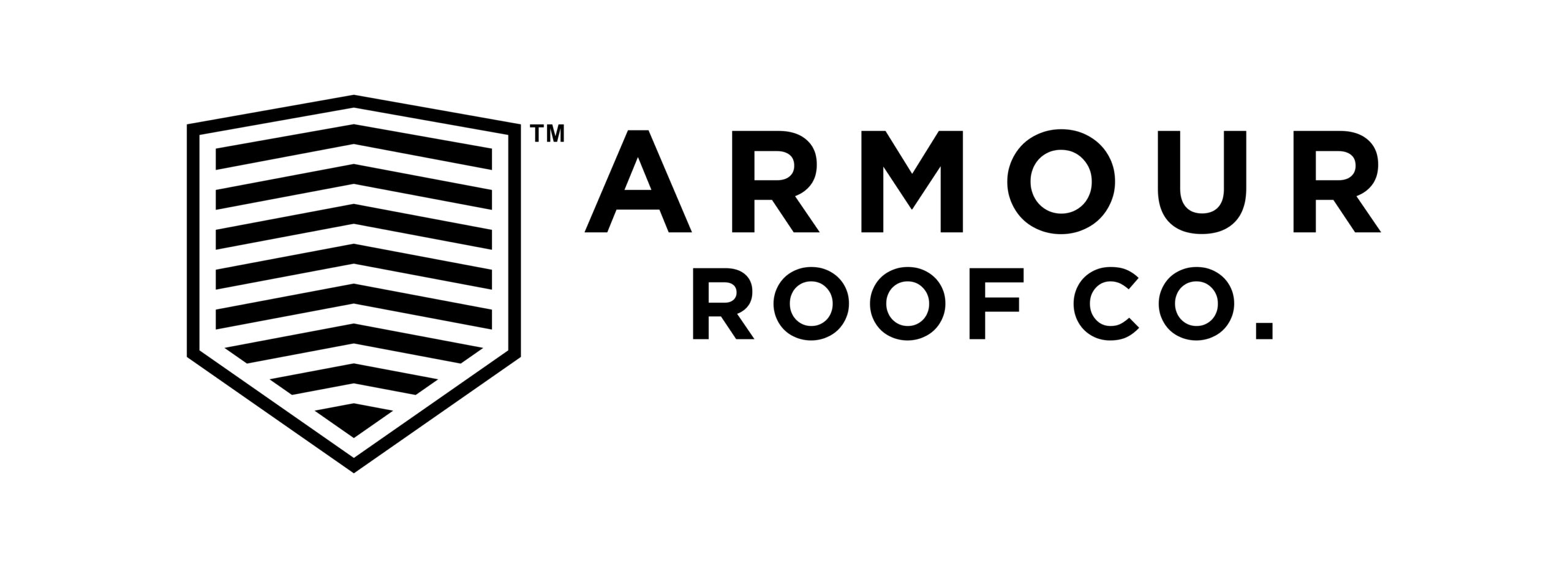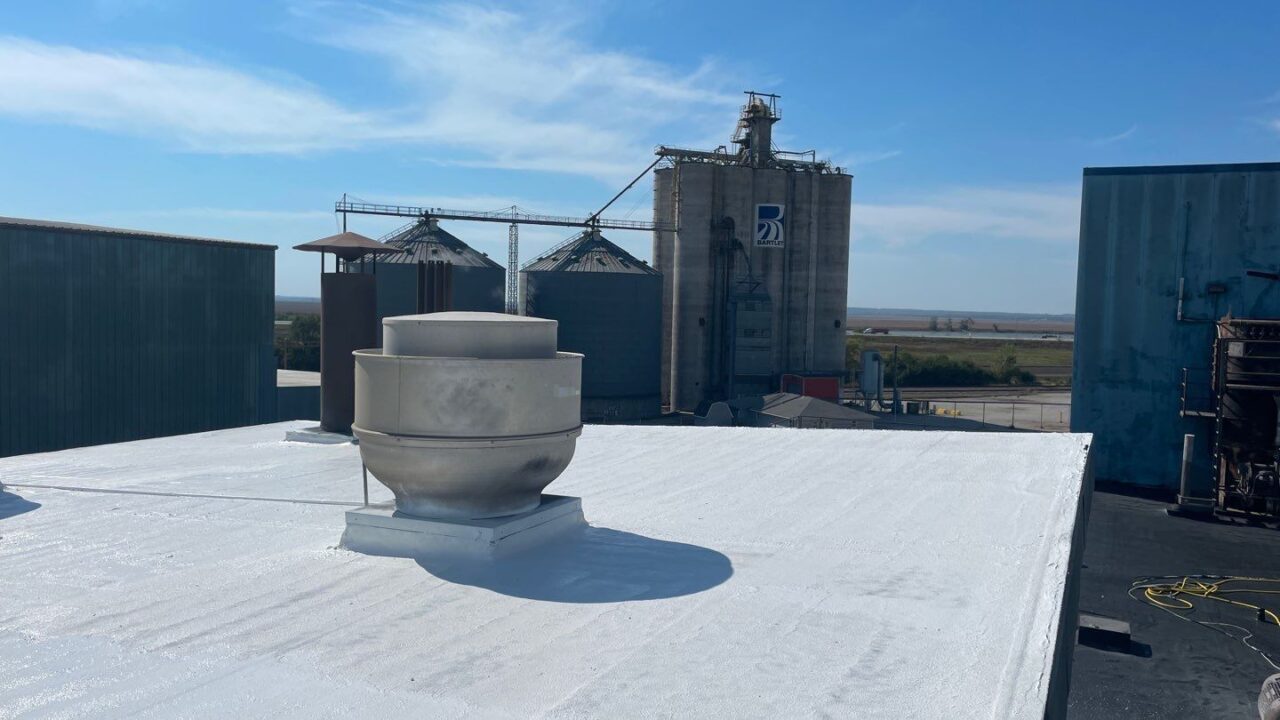Introduction
Selecting the right industrial roofing contractor is a critical decision that can significantly impact the longevity, performance, and cost-effectiveness of your building’s roof. This guide provides a framework for evaluating and choosing the best contractor for your specific needs.
1. Understand Your Roofing Needs
Before beginning the contractor selection process, assess your roofing requirements:
- Consider your building’s age, ownership duration, and long-term plans. If you’re planning to sell soon, you may prefer a short-term solution over a long-term investment.
- Evaluate the building’s occupancy and use. The frequency of occupancy and whether it contains temperature-sensitive goods will influence insulation needs and other roofing considerations.
Understanding these factors will help you communicate effectively with potential contractors and ensure you receive appropriate solutions.
2. Evaluating Contractor Reputation
A contractor’s reputation can be a strong indicator of their reliability and work quality:
- Research how you heard about the contractor, whether through word-of-mouth, referrals, or online searches. Recommendations from other building owners can be particularly valuable.
- Assess their online presence, including website professionalism and ease of navigation. A well-maintained website often reflects a company’s overall professionalism.
- Review their ratings and customer feedback on platforms like Google and the Better Business Bureau. Pay attention to both positive and negative reviews for a balanced view.
- Request a portfolio of their work, including “before and after” photos or drone videos, and contact information for previous clients. Follow up with these references to get firsthand accounts of their experiences.
3. Company History and Capacity
Understanding a company’s background and capabilities is crucial in determining if they’re the right fit for your project:
- Evaluate their experience, including how long they’ve been in business and their familiarity with projects similar to yours.
- Consider their team size and structure. Ensure they have sufficient staff to handle communication, problem-solving, and timely execution. Some companies use in-house crews, while others rely on subcontractors.
- Assess their range of services. Companies offering multiple in-house services (e.g., roofing, insulation, safety systems) can streamline your project and reduce the need for multiple contractors.
4. Technical Expertise and Project Approach
A quality contractor should clearly explain their approach to your specific roofing project:
- Verify if the contractor is trained and authorized by the manufacturer of the proposed roofing system.
- Ensure they’ve conducted a thorough site assessment, spending adequate time inspecting your roof and providing detailed documentation of issues.
- Review their project plan, making sure you understand and feel comfortable with their proposed scope of work.
- Discuss how they’ll manage disruptions, minimizing noise and space invasion for your business and neighboring properties.
5. Product Knowledge and Warranty Coverage
The roofing system will remain long after the contractor leaves, so it’s crucial to understand the products being used and their warranty coverage:
- Research the roofing material manufacturer, including their time in business and any significant legal issues with their products.
- Discuss the specific benefits of their product for your roof and how it compares to alternatives. Ask about any innovative technologies they use to demonstrate product effectiveness.
- Carefully review the warranty, understanding what it covers, any maintenance requirements, and whether workmanship is included or separately warranted by the contractor.
6. Safety Practices
Given the high-risk nature of roofing work, prioritize contractors with strong safety protocols:
- Verify the contractor’s insurance coverage and bonding status. They should provide proof of liability insurance and workers’ compensation.
- Inquire about their safety training programs, protocols for identifying job site-specific hazards, and overall safety record.
- Consider contractors who offer or partner with companies providing rooftop safety and fall protection services.
7. Communication and Rapport
Your comfort level with the contractor is an important, often overlooked factor:
- Assess their responsiveness and willingness to answer your questions thoroughly.
- Look for transparency in their processes, pricing, and potential challenges.
- Trust your instincts about their professionalism and reliability. A contractor who makes you feel respected and valued as a potential client is more likely to provide a positive experience throughout the project.
Conclusion
Choosing the right industrial roofing contractor involves careful consideration of multiple factors, from technical expertise and safety practices to communication style and reputation. By thoroughly evaluating potential contractors using this guide, you can make an informed decision that will result in a high-quality, long-lasting roofing solution for your industrial building.
Remember, the lowest bid isn’t always the best choice. Consider the total value offered, including quality of materials, workmanship, warranty, and ongoing support.
A well-chosen contractor can be a valuable partner in maintaining one of your building’s most critical assets – its roof. If you’re interested in receiving a roof inspection please contact Armour at (402) 289-7860 or visit our contact form.




